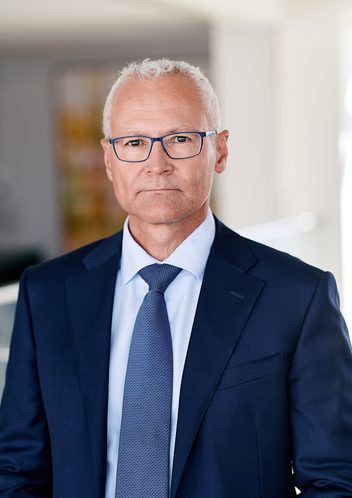
Sigurd Holter Torp
Partner
Oslo
Newsletter
by Sigurd Holter Torp and Severin S. Lyngstad
Published:
Oslo District Court has recently handed down a judgment concerning news broadcasters' right to extracts from exclusive Premier League broadcasting rights in short reporting. The judgment is both of academic interest and creates practical difficulties for newsdesks.
The acquisition of exclusive broadcasting rights by broadcasting corporations and streaming services is a constantly increasing trend within the television industry. Through the entry of streaming services into the television market, the consumer’s options have increased exponentially compared to the traditional TV Channel selections. These days it is not uncommon that broadcasters and streaming services buy exclusive rights to broadcast various sports events, even though the sport has a huge fan base or is of particular public interest. Through exclusive rights, the TV channels and streaming services secure a competitive advantage in being the only provider offering coverage of the specific event.
However, pursuant to the EU Audio Visual Media Service Directive (AMVS Directive) art. 15, news broadcasters shall have access to events of “high interest to the public” which are transmitted on an exclusive basis by a broadcaster for the purpose of short reporting. Under Norwegian law, this directive article is implemented in the Intellectual Property Act sec. 22, fourth paragraph, the so called right of news (NO: nyhetsretten). The provision states that any news broadcaster may use short extracts, not exceeding 90 seconds, from events of high interest to the public, that another broadcaster has acquired exclusive rights to broadcast.
The District Court case concerned the largest commercial TV broadcaster in Norway, TV 2, which used a number of short extracts from various football matches in the four first league rounds of the 22/23 season of the Premier League. The extracts were largely from matches involving Manchester City and Arsenal, due to the Norwegian football players Haaland and Ødegaard, and Liverpool and Manchester United, due to their large fanbases in Norway.
However, the competing broadcaster and streaming service Viaplay had acquired and held exclusive rights to broadcast Premier League matches in Norway. Those exclusive rights were protected by the Norwegian Intellectual Property Act sec. 22, first paragraph, and any infringement of this would entail liability. Viaplay therefore sued TV 2, arguing that the use of extracts infringed Viaplay’s exclusive broadcasting rights and was therefore unlawful. TV 2, however, argued that the use of extracts lay within the short reporting provision in sec. 22 fourth paragraph and was therefore lawful.
The question before the District Court was accordingly whether the extracts from the four first league rounds of the Premier League were “events of high interest to the public”.
Overall, the District Court agreed with Viaplay, stating that Premier League matches as a general rule are not events of high public interest. However, the Court stated that certain matches, where the leading Norwegian individuals Haaland and Ødegaard have significant contribution to the match result in terms of goals, fell within the right of news provision in sec. 22, fourth paragraph. TV 2 was therefore acquitted for certain match extracts.
The District Court solely emphasized the high-profile Norwegian players' goals in whether the match was of high interest to the public, not the entire football team. The preparatory works for implementing the AMVS Directive however clearly state that the assessment must be broad. The preparatory works further state that the starting point for the assessment should be whether a broadcaster had secured exclusive rights to the event and another broadcaster wanted to use excerpts from the event in its general news broadcast. We would therefore argue that the District Court judgment is conflicting with the legislator’s intent with the provision, and therefore giving it a too narrow scope. The Premier League is probably the largest sports tournament in the world, and certainly the most expensive. It also has the most famous football players in the world. It is difficult to see which sports events falls within the provision if the most important matches from the Premier League do not do so.
Furthermore, the District Court judgment creates an impractical rule as it is well established that offensive and defensive players have different functions on the football field, and therefore end up scoring goals to varying degrees. Whether the short reporting provision is applicable when foreign football players perform in a significant or spectacular way is unclear. It is further unclear if Norwegian defenders could have the same position as Norwegian strikers. This seems like an impractical rule.
The judgment is under appeal and it will be interesting to see what the outcome of an appeal proceeding will be. In our opinion, there are multiple reasons to overturn the District Court judgment.
As a sidenote, we should note that the District Court case had an interesting case preparation. During the case preparation, Viaplay requested TV 2 to submit all internal correspondence concerning the assessments on the use of the short reporting provision. TV 2 contested this, arguing that this had no evidential relevance for the legal questions in the case. Since the question of whether the short reporting provision was applicable was an assessment of a purely legal character which the Court had to decide upon, TV 2’s internal assessment was of no relevance. TV 2 further argued that any duty to submit the requested correspondence would constitute an infringement of the freedom of the press under ECHR art. 10, and should therefore be denied. The District Court held that TV 2 was obliged to submit the correspondence as evidence.
TV 2 appealed the evidence decision to the Court of Appeals, which ruled in favour of TV 2 stating that such correspondence could not shed light on the legal questions in the case. Newsdesks are therefore not obliged to submit internal correspondence concerning their assessment of whether the right of news provision is applicable.
The lawyers Sigurd Holter Torp and Severin Slottemo Lyngstad have represented TV 2 in the case.

Partner
Oslo
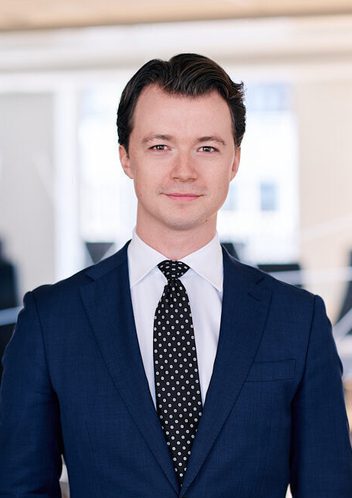
Senior Lawyer
Oslo
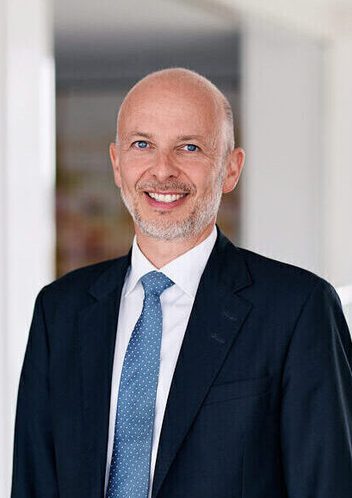
Partner
Oslo
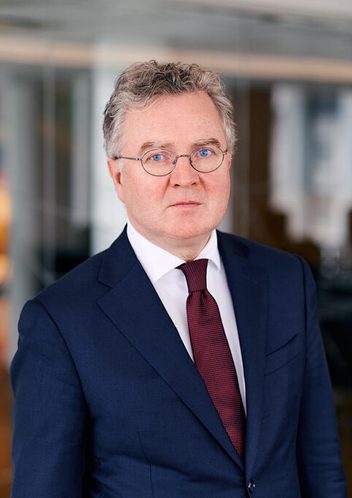
Partner
Oslo

Partner
Oslo

Partner
Oslo

Senior Associate
Oslo

Senior Associate
Oslo
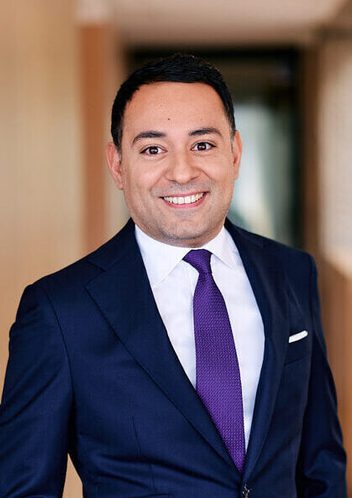
Partner
Stockholm
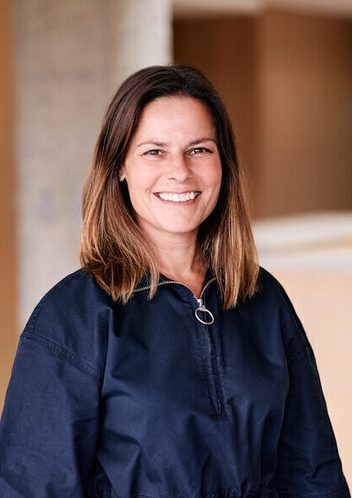
Special Advisor
Stockholm
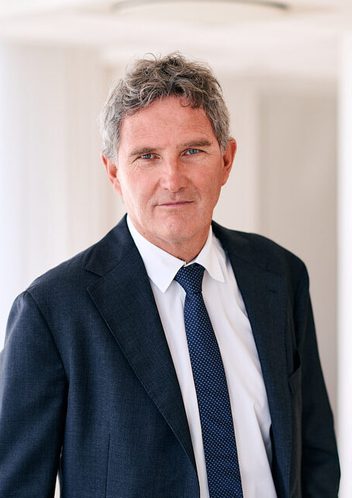
Partner
Oslo
